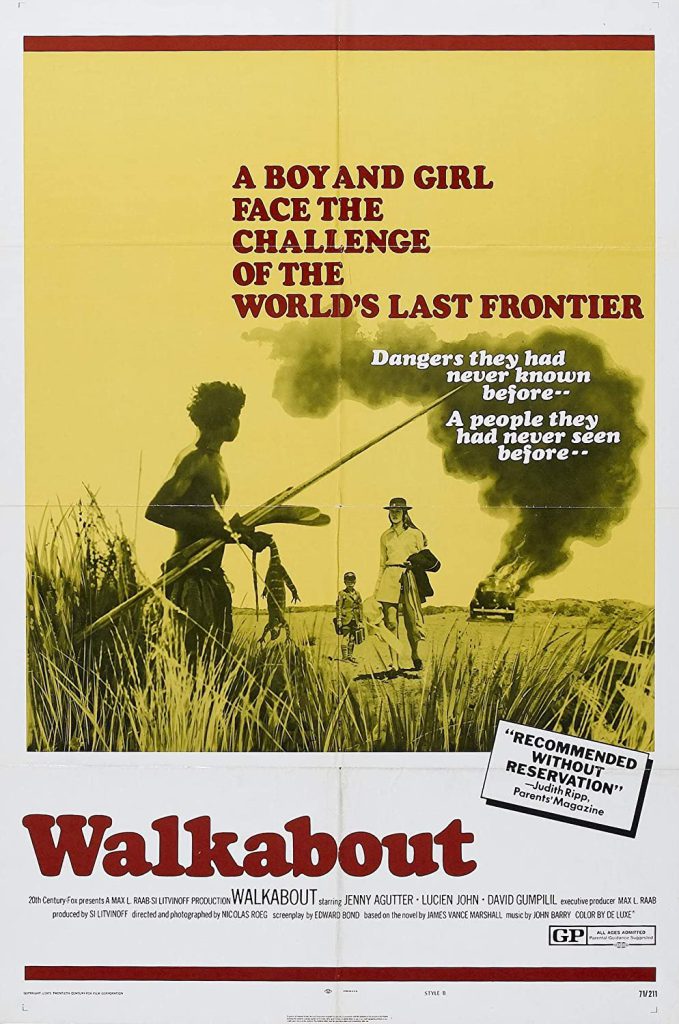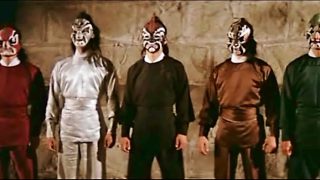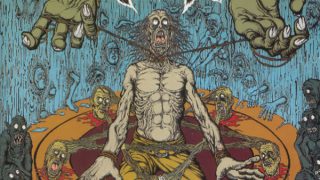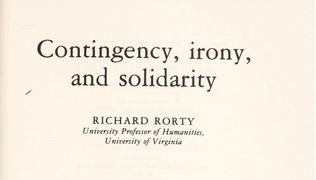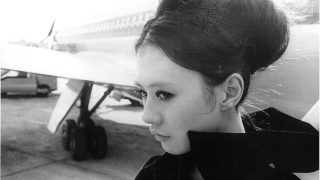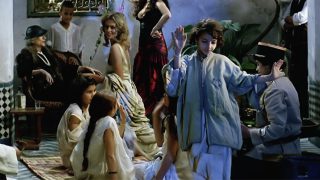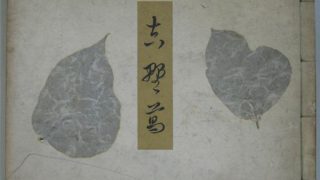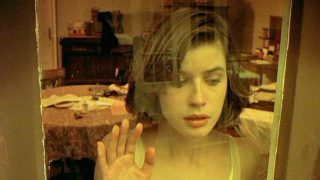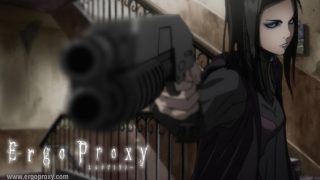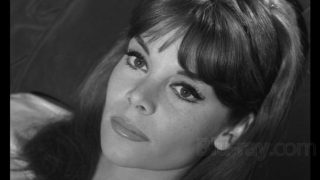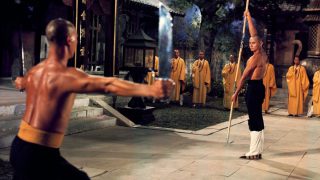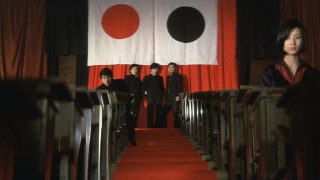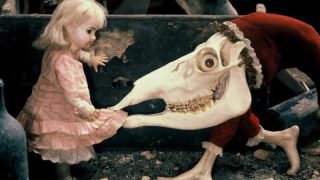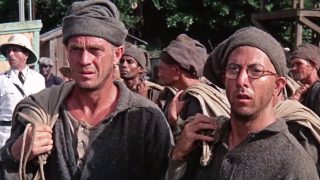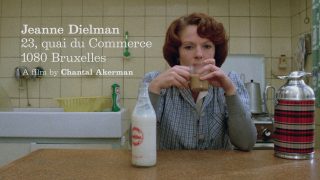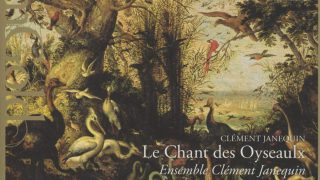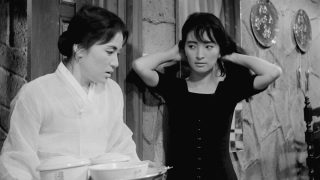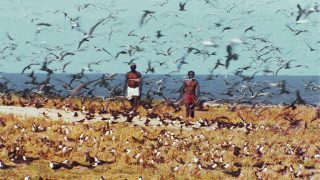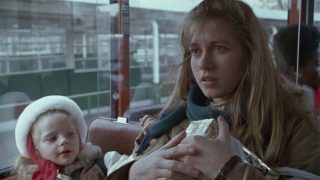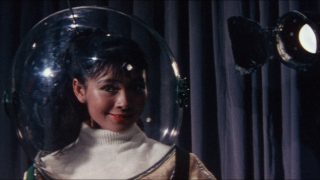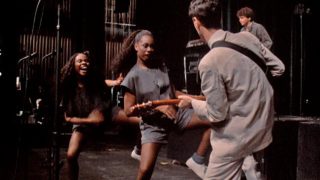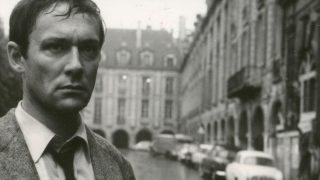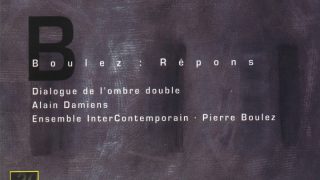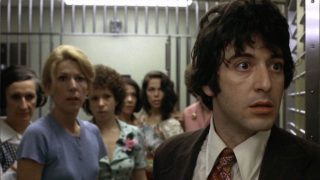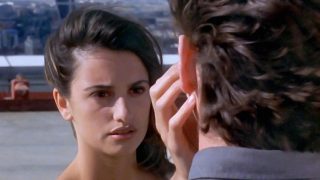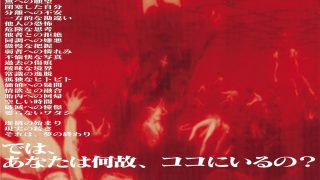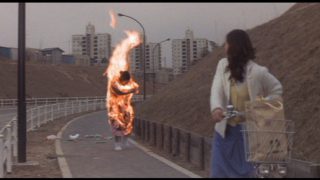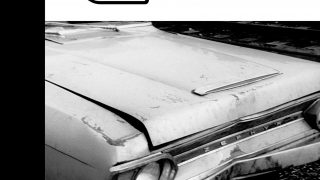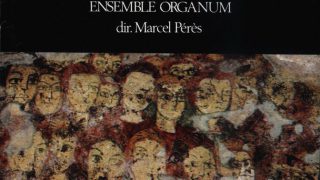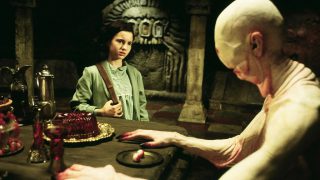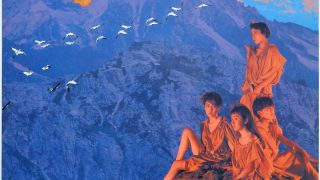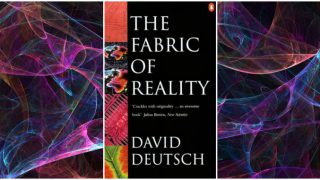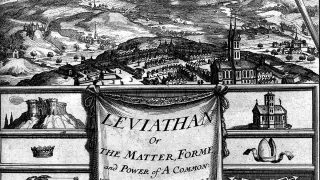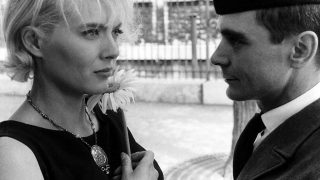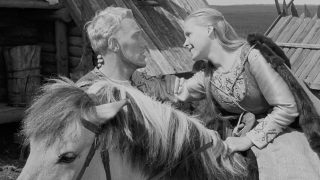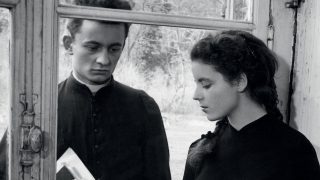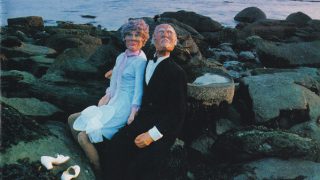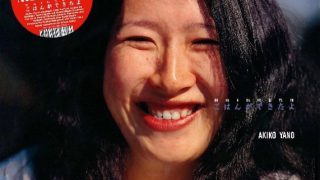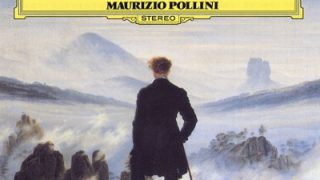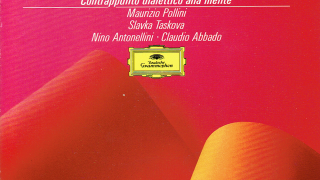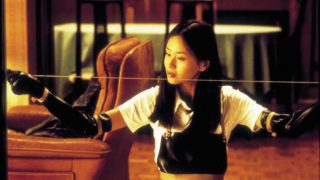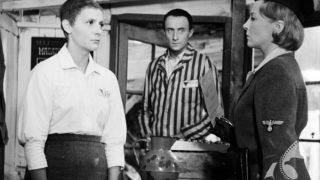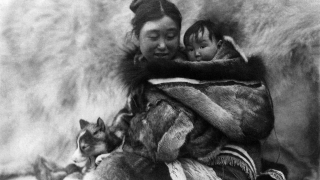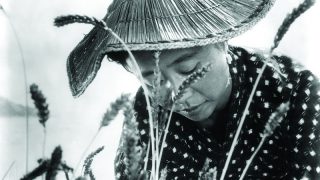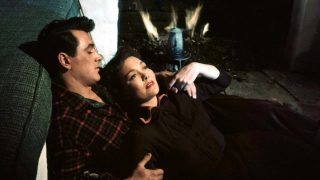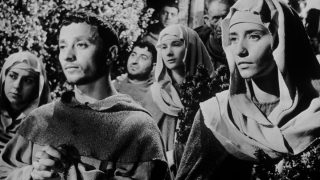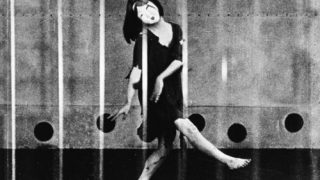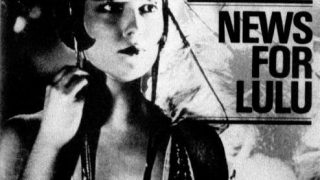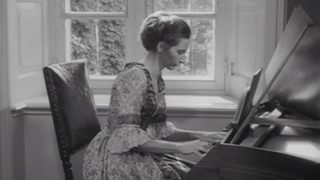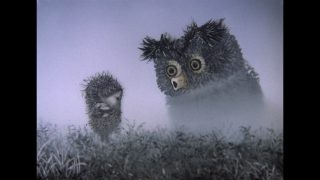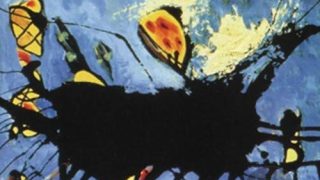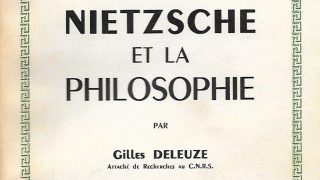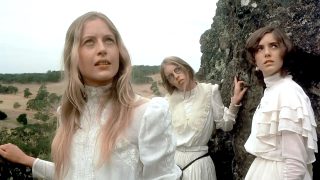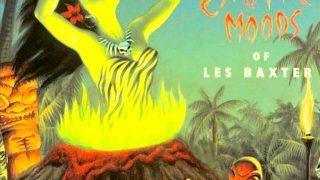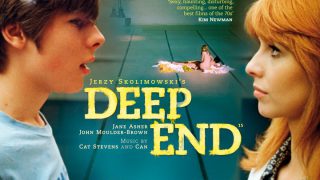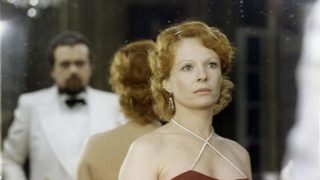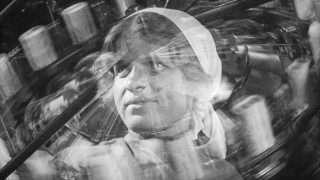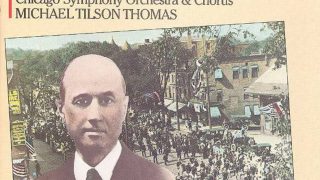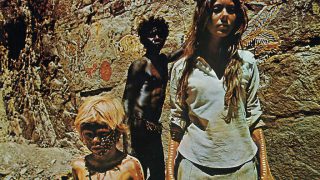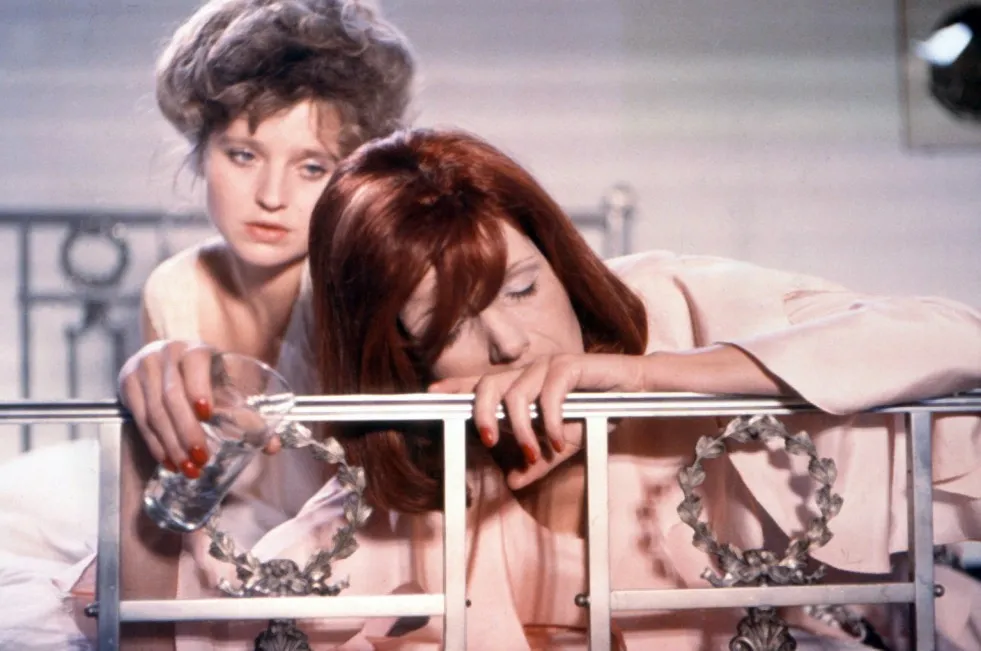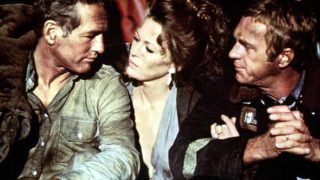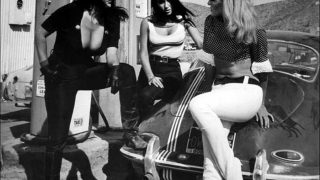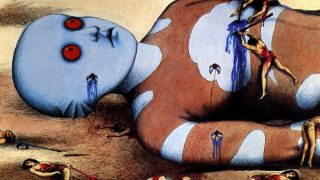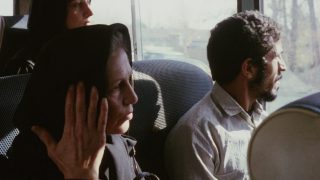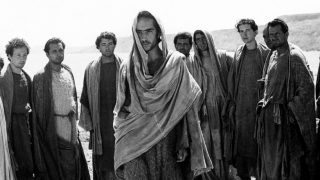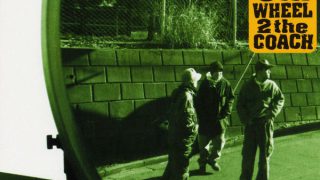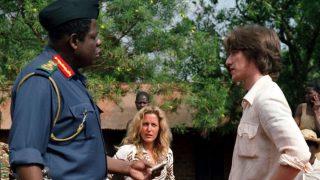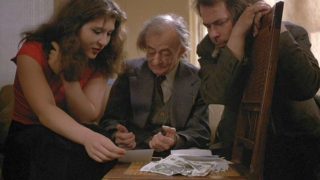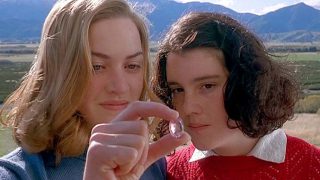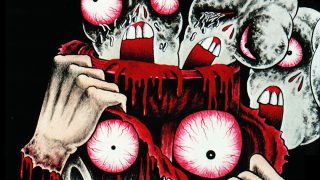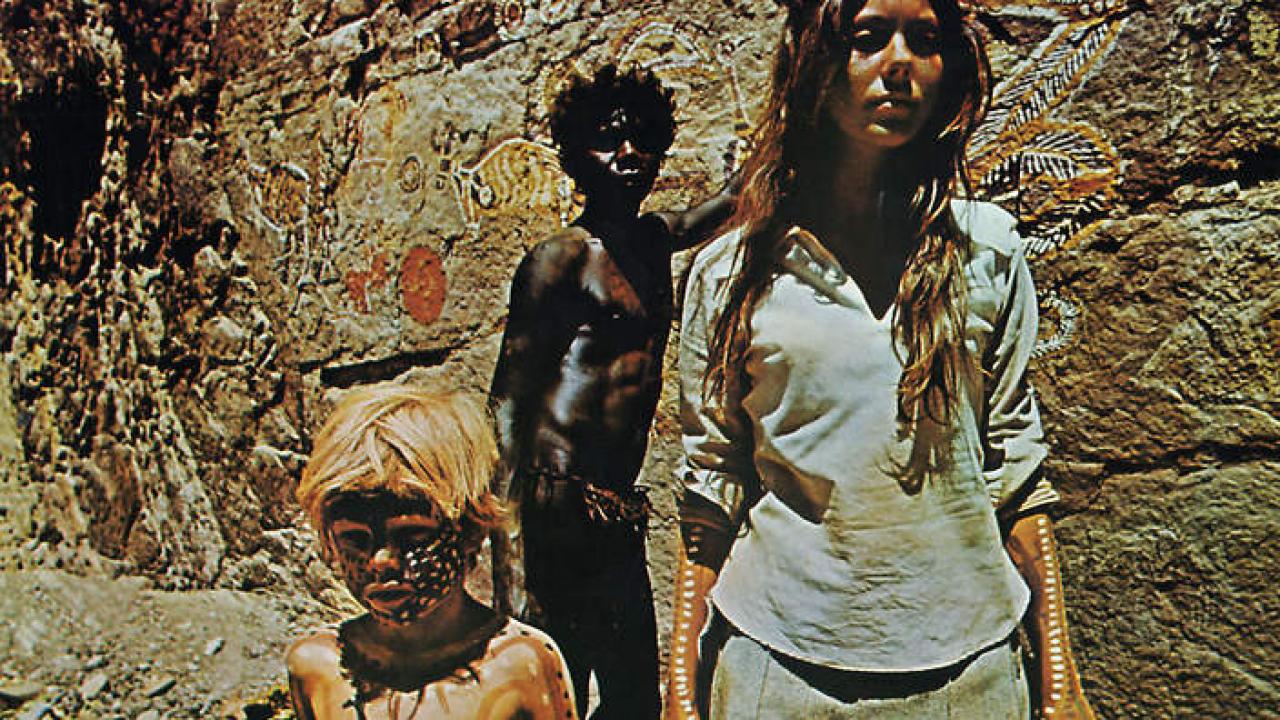Overview
“Walkabout” is a 1971 adventure drama/survival film directed by Nicolas Roeg. Set in Australia, it depicts two city-bred schoolchildren (a teenage girl and her younger brother) who get left behind in the outback wilderness and struggle to survive with help from an Aboriginal boy.
Directed and photographed by Nicolas Roeg. Screenplay by Edward Bond. The screenplay is loosely based on the novel of the same name (1959) by James Vance Marshall.
It stars Jenny Agutter, Lucien John, and David Gulpilil. Music by John Barry.
It was a collaboration between Australia, the United Kingdom, and the United States. 100 minutes.
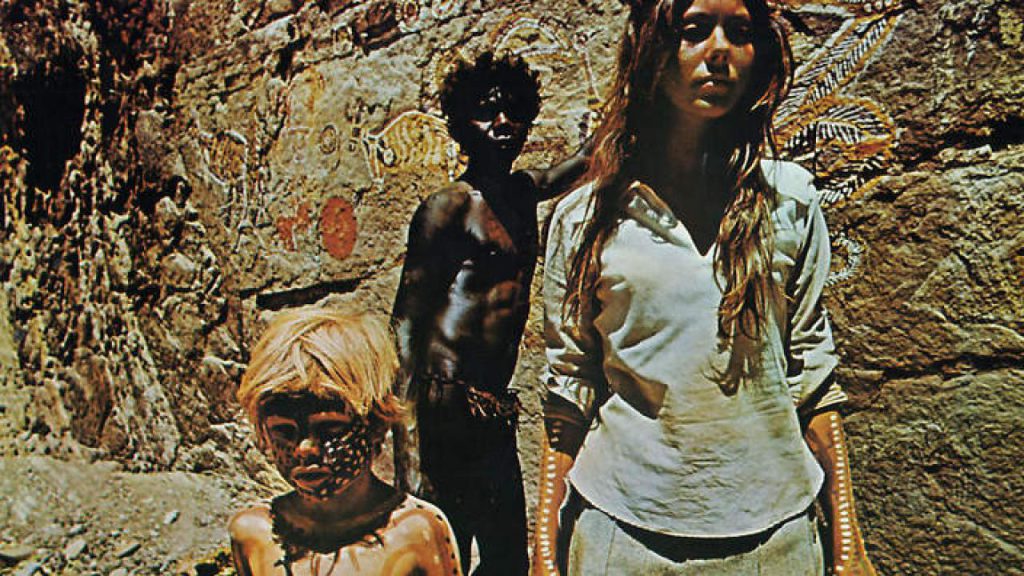
Plot
The film starts with scenes of the daily life of an English family of four who lives in a high-rise apartment building in Sydney, Australia. The father is a geologist, and he lives with his wife, 14-year-old daughter (Jenny Agutter), and 6-year-old son (Lucien John).
One day the father drives his two children, who are still wearing their school uniforms, to the outback under the pretense of having a picnic. The father starts shooting at his children. The girl runs away along with her brother. The father sets fire to his car and shoots himself dead. The girl and her brother get left behind in the desert.
The girl and her brother wander around in the desert with a little food and a battery-powered transistor radio for a number of days.
The siblings find an oasis with muddy water and an Australian Sandalwood tree. They bathe in the water there and eat the fruit of the tree.
The next morning, they find the oasis water has dried up and the fruit has been eaten by parakeets.
They are devastated by the loss of food and water. Then, a teenage Aboriginal boy (David Gulpilil) appears in front of them. He is on a “walkabout”.
Their lives are saved by the boy because the boy takes them to water places, and he shares wild animal meats which he hunts and cooks with them. The girl and her brother start a journey along with the boy.
Though the siblings and the boy can’t understand each other’s language, the siblings become friendly with the boy.
The boy and the siblings find an abandoned farm after going through the grasslands. They start living together in the farmhouse there like a family.
The boy comes to love the girl. One night the boy keeps on performing a courtship dance for her all night to makd her his wife, but the girl rejects him.
It is hard for the girl and the boy to understand each other because there is a culturally insurmountable barrier between them. Besides, they are losing their childhood innocence because they become sexually aware in the transition from childhood to adulthood.
The girl decides to leave the boy to go back to her home with her brother.
Commentary
The title of the film is derived from a rite of passage in Australian Aboriginal society: adolescent boys live alone in the wilderness for a period as long as six months. It is called “Walkabout”.
“Walkabout” was filmed on location in different parts of Australia, including Sydney, the red desert surrounding Alice Springs, Northern Territory, and the Flinders Ranges in South Australia.
The highlights of the film are the wild landscape of the outback and poetic beauty of the images.
The film features many shots with the creatures of the outback: lizards, snakes, insects, scorpions, short-beaked echidnas, birds, koalas, and kangaroos.
The film also includes realistic and graphic shots, such as the slaughtering of a kangaroo and an animal carcass which is swarming with maggots.
British actress Jenny Agutter, who had worked as a child actress, played the role of the girl when she was 16–17 years old. The son of Nicolas Roeg, Luc Roeg played the role of the brother under the name of Lucien John. Indigenous Australian David Gulpilil, who was one of the Yolngu people of Arnhem Land in the Northern Territory and known as a dancer, played the role of the boy.
The film ends with an excerpt from English poet Alfred Edward Housman’s poem XL (40) “Into my heart on air that kills” from “A Shropshire Lad” (1896) and the French phrase “rien ne va plus (nothing goes well any more)” shown on the screen after the closing credits.
Though “Walkabout” is an adventure story about children who wander into the outback, it can also be interpreted as an allegory about the loss of innocence in civilized society. The scenes in which the girl swims nude in ponds symbolize such lost innocence.
The outback in the film is associated with the “Garden of Eden” in the “Book of Genesis” of the Hebrew Bible (Old Testament), while it is depicted not as a terrestrial paradise but as a harsh environment in the bare nature, where creatures kill and eat other creatures to survive.
In the US, the film was originally rated R by MPAA (Motion Picture Association of America) due to its nude scenes, but then it was reduced to a GP-rating (PG) on appeal.
In 2005, the British Film Institute included the film in their list of “the 50 films you should see by the age of 14”.
